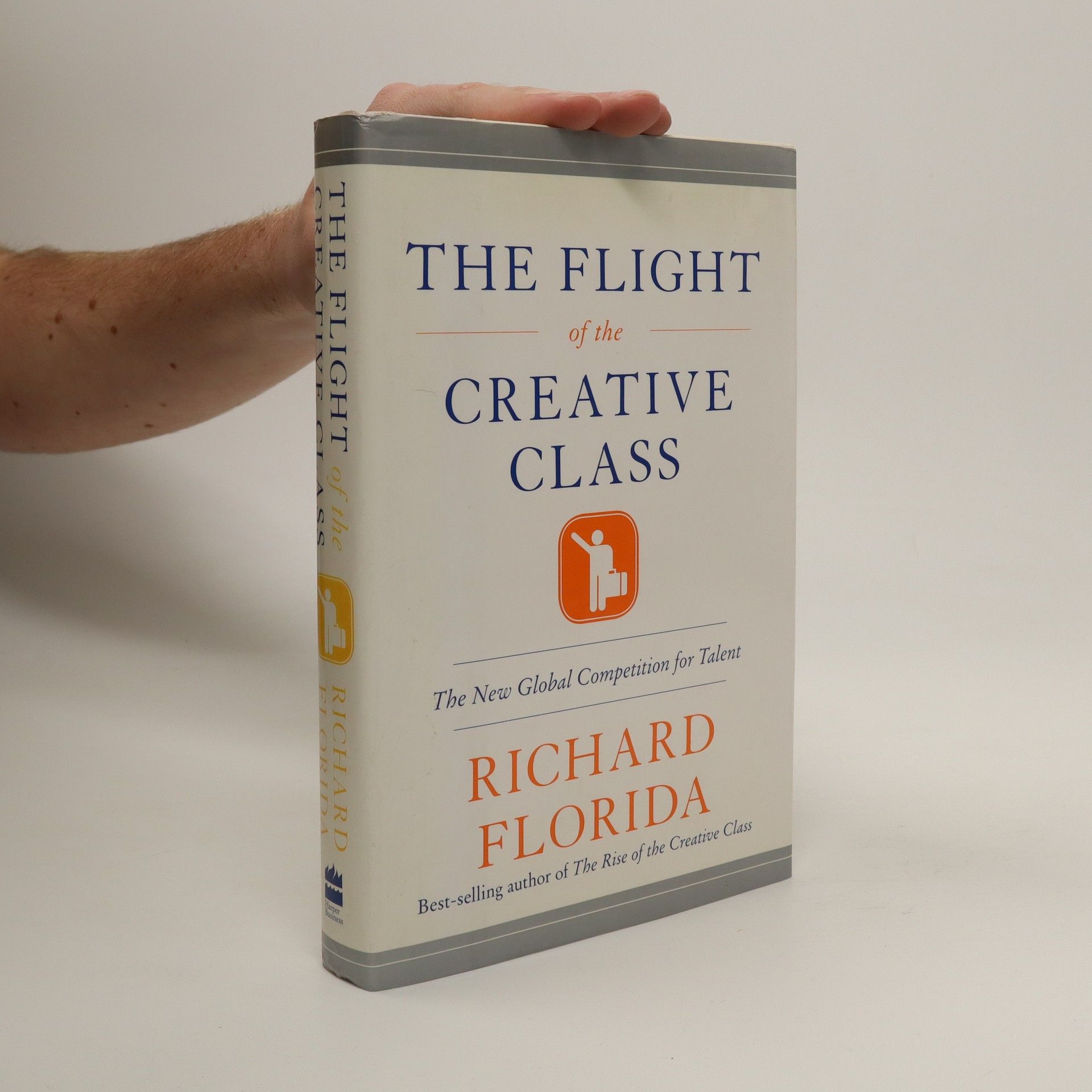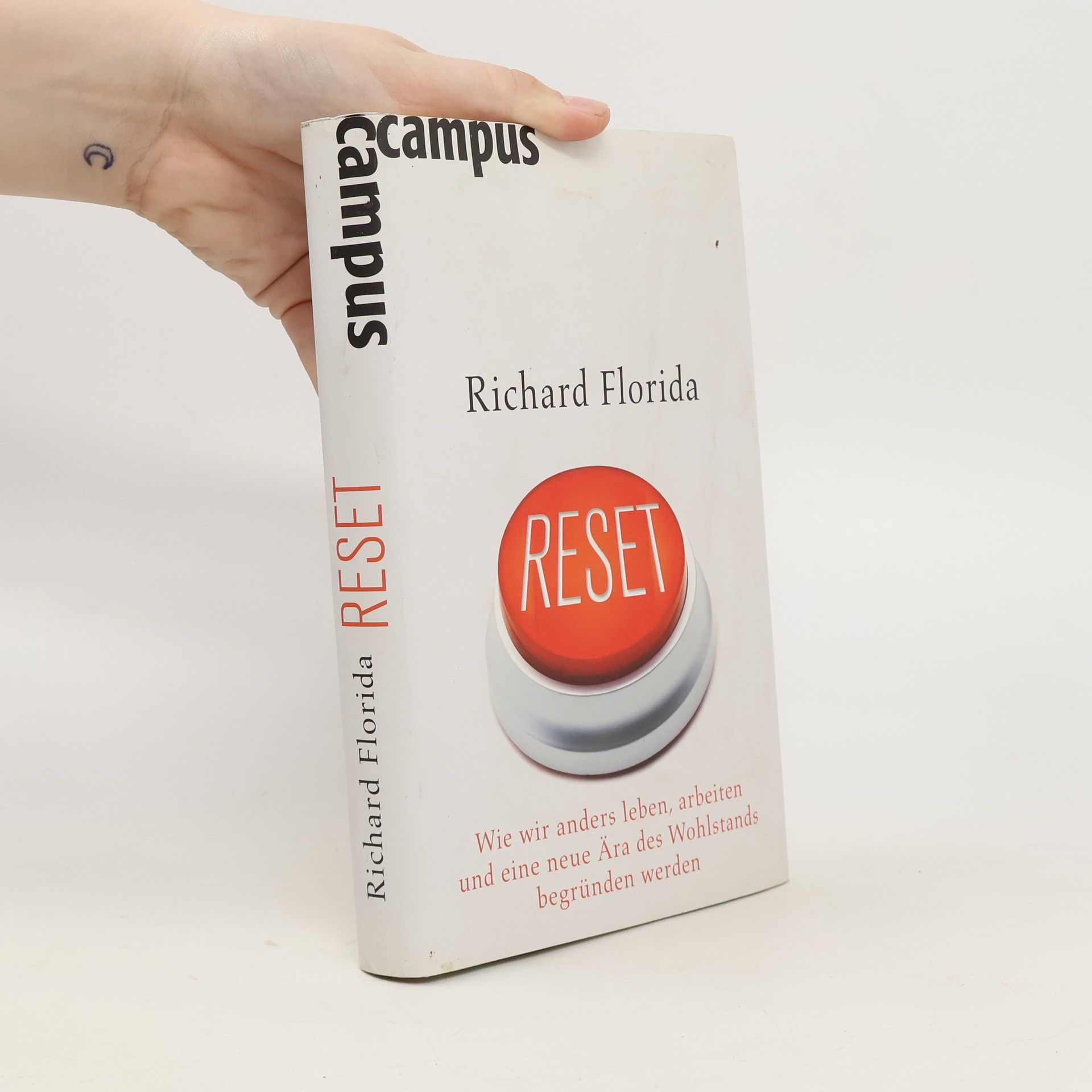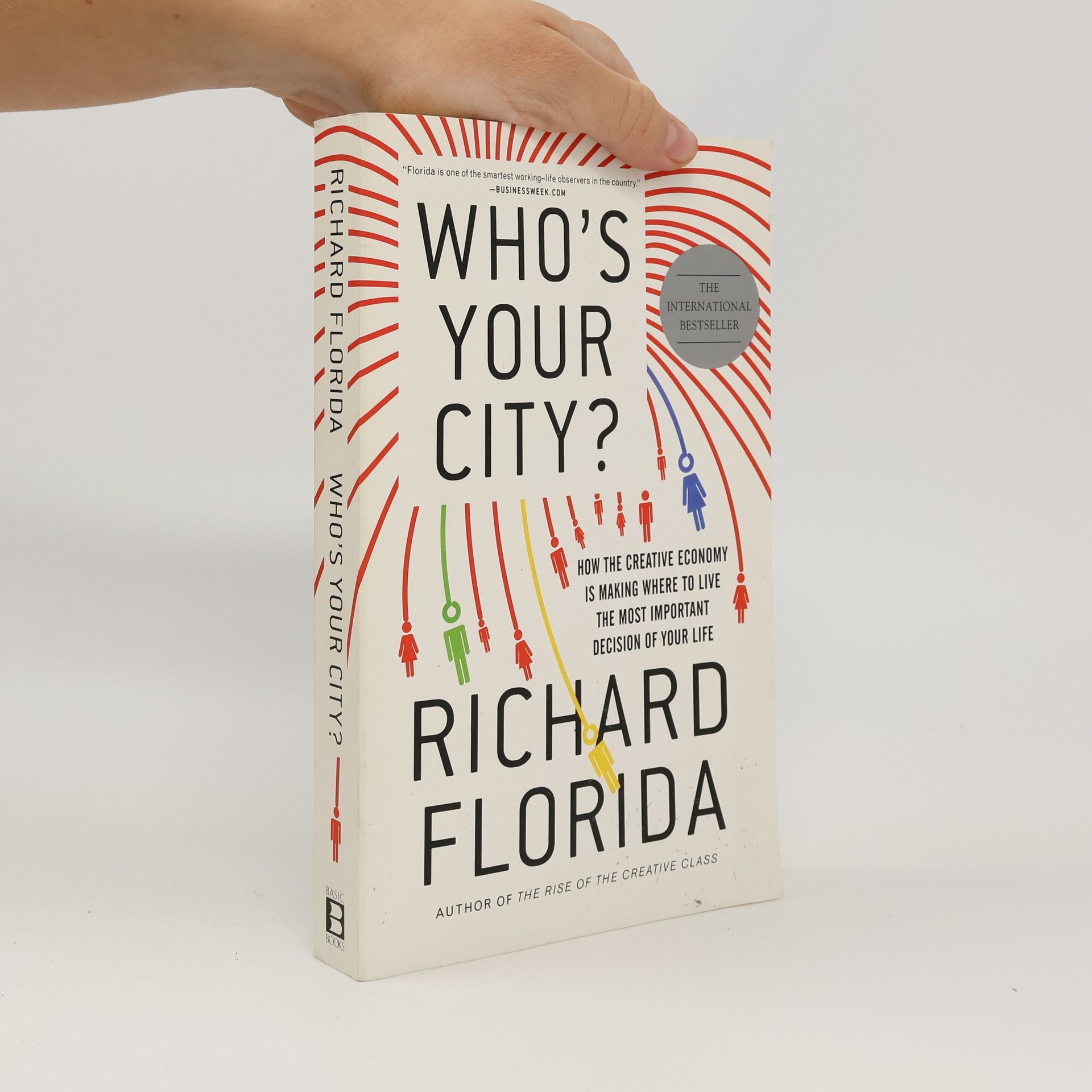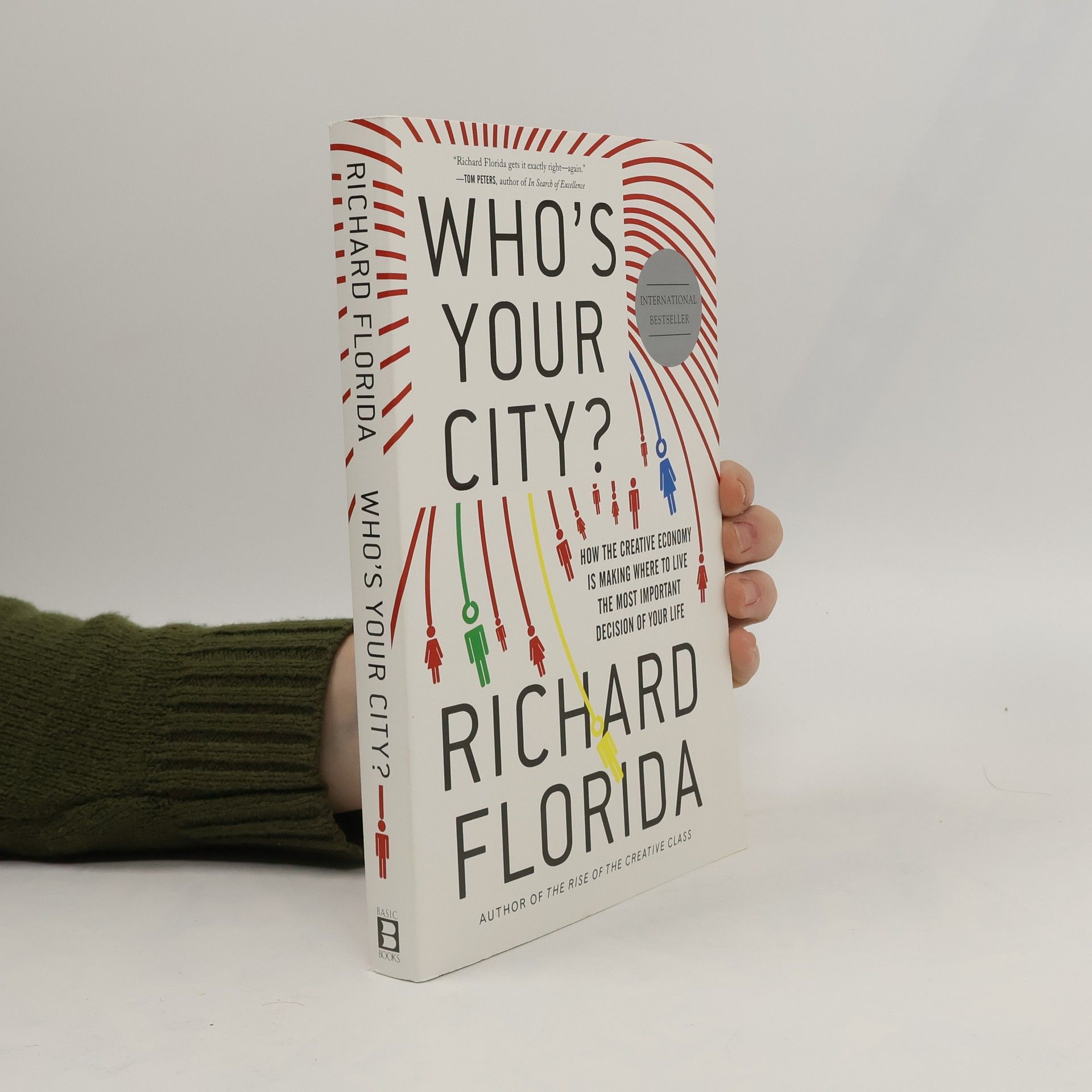The Year in Tech, 2024
- 176 pages
- 7 hours of reading
A year of HBR's essential thinking on tech--all in one place. From creative AI to Web3 for business and from climate innovations to the space economy, new tech innovations are reshaping organizations from the factory floor to the C-suite. What should you and your company be doing now to take advantage of the opportunities these technologies are creating--and to avoid falling victim to disruption? The Year in Tech, 2024: The Insights You Need from Harvard Business Review will help you understand what the latest and most important applications of new tech mean for your organization and how you can use them to compete and win in today's turbulent business environment. Business is changing. Will you adapt or be left behind? Get up to speed and deepen your understanding of the topics that are shaping your company's future with the Insights You Need from Harvard Business Review series. Featuring HBR's smartest thinking on fast-moving issues--blockchain, cybersecurity, AI, and more--each book provides the foundational introduction and practical case studies your organization needs to compete today and collects the best research, interviews, and analysis to get it ready for tomorrow. You can't afford to ignore how these issues will transform the landscape of business and society. The Insights You Need series will help you grasp these critical ideas--and prepare you and your company for the future.








